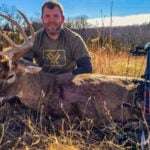The chest freezer at my grandparent’s house sat in the covered carport in front of my grandma’s Cadillac. I remember the rusted corners on the freezer lid. I remember the sound the compressor would make as it battled to do it’s job in the heat of the South Carolina summer.
But most of all, I remember the reverence on my grandfather’s face when he would go out to the freezer and open it. Now a grown man myself, I can imagine the flood of memories attached to that meat that would wash over him every time he would rummage around the freezer, searching for the next family meal.
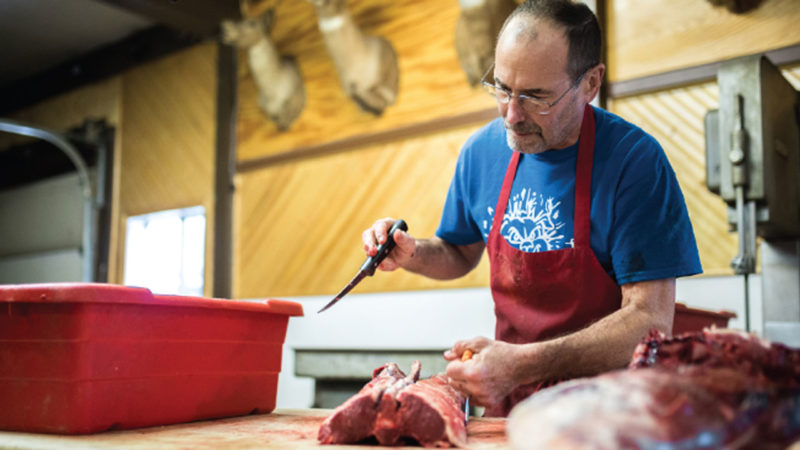
My Paw-Paw was a church-going man and nearly every Sunday that trip to church started with an empty milk crate in front of that old rusted freezer. He’d dig through the contents and load up the crate with more ground venison, catfish filets, and squirrels than a youngster like me could carry.
“What’s that for Paw-Paw?” I’d ask. “Well son, the church runs a kitchen every Sunday evening for folks that don’t have enough food for their families. We’ve got more than plenty for us here, so I like to give some meat away so other folks can have some too.”
I was too young to understand it then, but my grandfather was showing me how to walk through life with a posture of gratitude and generosity.
As hunters, I would contend that it is in our nature to be people that share. Hunters of the past were relied upon by the whole community to provide a portion of the sustenance for all the mouths that needed feeding. As the world changed and civilizations formed around domestic livestock and agriculture, the role of the hunter was quite literally pushed to the fringes of society.
However, as things often do given enough time, there is now a new swell of attention in our modern American world around the “how,” “where,” and “why” it is that we come by our food. As hunters, we perhaps have never had a greater opportunity than we have right now to share with people why our lifestyle is so important to us. I believe that we can do that most tangibly by opening our freezers.
Being a bowhunter in 2019, for better or worse, is often a lifestyle of privilege. We choose to live and hunt the way we do for any number of good and upright reasons, and I believe we are better for it. But there are people not that far from wherever it is that we live, that do not have the option to hunt and do not have access to game meat (or food at all) the way that we do. This is a need that we as hunters can meet.
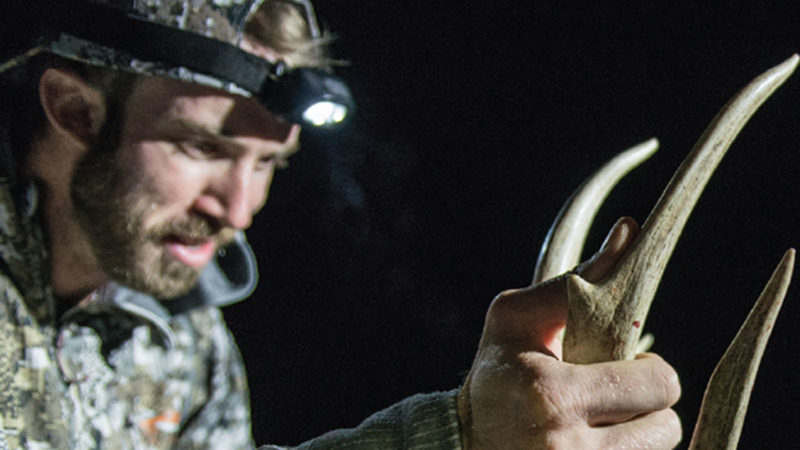
For the last several decades there have been organizations forming at national and state levels that provide the framework to take hunter donated meat and make it available to food banks, shelters, and soup kitchens. Virginia, Iowa, Missouri, Pennsylvania, and Ohio are five of the leading states in hunter donated meat.
Every year there are millions of pounds of game meat donated to these organizations that equate to even greater millions of meals served to people that otherwise may not get fed. Meat is the most expensive food item to buy for shelters, and as long as black beans are a cheaper protein than beef, when we donate game meat, we often times are supplying the only meat available to these places.
The barrier to donating your meet is often quite low, with many meat processors already participating in the programs available in their state. Fish and game agencies in each state are a great resource for learning about what opportunities are available to us to donate to those in need.
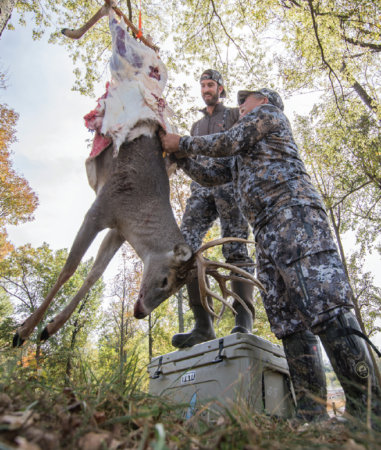
Our hunting lifestyle has immeasurable value to our human existence; as hunters, we know that. We feel it every time we sit in a tree and hike to the next ridgeline. But so many of our non-hunting counterparts do not have the same set of experiences that we do. Our values are different because our lives are different. As hunters, we have the opportunity to interact with our culture in a dynamic and powerful way; we should be thoughtful about how we do that.
Whatever reason feels most tangible to latch onto about donating meat: helping people in need, using food donations as a bridge and example of generosity to the non-hunting community, sharing the abundance we encounter as hunters to bless other people, whatever feels honest to you, I would ask all of us (myself included) to consider it in the coming year. Lets go to our freezers and make an assessment of what our families will use and then be open-handed and generous with the rest.
I am never more connected to the fragility of my own life than when I harvest a wild animal, and never more blessed than when I share that harvest with others.

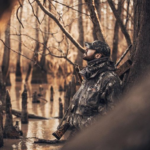 By
By 